
Kaspersky launches updated small business security solution
Small businesses are just as vulnerable to cyber threats as larger ones, but often they have few resources to devote it IT security.
With the launch of its next generation of Kaspersky Small Office Security, Kaspersky Lab aims to offer smaller businesses protection from cybercrime without the need for technical cybersecurity expertise or regular hands-on administration.

32 percent of data breaches lead to executive job loss
In North America 32 percent of data breaches have resulted in a C-level manager, president or CEO losing their job, according to new research.
The study from Kaspersky Lab shows that 42 percent of businesses worldwide experienced at least one data breach in the last year. When a data breach occurs it not only results in a costly recovery burden, now put at $1.23 million on average, but it can also impact the company's reputation, customer privacy, and even severely impact employees' careers.

41 percent of industrial control systems attacked in 2018
Industry increasingly relies on automated systems for the control of processes, but a new report from Kaspersky Lab shows that 41.2 percent of industrial control systems (ICS) computers were attacked by malicious software at least once in the first half of this year.
Based on analysis of systems protected by Kaspersky Lab solutions, the data shows that in 2017, the percentage of ICS computers attacked was 36.61 in the first half of the year and 37.75 in the second half.

Botnet distribution of remote access Trojans doubles
Since the beginning of 2017, the number of remote access Trojan (RAT) files found among the malware distributed by botnets has almost doubled, according to a new report.
The botnet activity report from Kaspersky Lab analyzed more than 150 malware families and their modifications circulating through 60,000 botnets around the world.

Three-quarters of corporate network breaches are via web applications
According to a new report from Kaspersky Lab, 73 percent of successful perimeter breaches on corporate networks in 2017 were achieved using vulnerable web applications.
In addition to web applications, another common vector for penetrating the network perimeter was attacks on publicly available management interfaces with weak or default credentials.
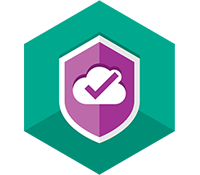
Kaspersky releases Security Cloud Free... and it's very basic
Microsoft appears keen to encourage people to use the latest Windows Defender and, frankly, it’s a more-than-adequate security tool. You’re missing some of the features you’ll find in a paid security suite, such as a VPN or 'safe money' but do you really need those features?
With the above in mind, security developers such as BitDefender and, more recently Kaspersky, are releasing free versions of their security suites, to encourage people to use, gain familiarity and then upgrade. Let’s face it, once you have a security suite on your computer and you receive a fantastic offer, you’re more likely to pay than remove.
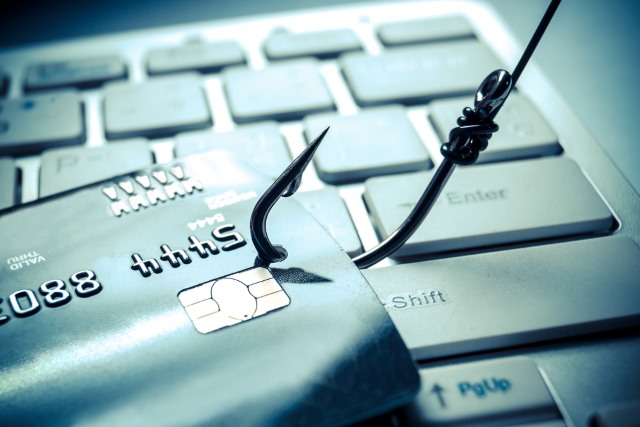
Finance remains top target for phishing attacks as scammers exploit GDPR
New figures from Kaspersky Lab show that more than a third (35.7 percent) of phishing attempts in the second quarter of 2018 attempts were related to financial services via fraudulent banking or payment pages.
The IT sector was second hardest hit, with 13.83 percent of attacks targeting technology companies, a 12.28 percent increase compared to Q1.
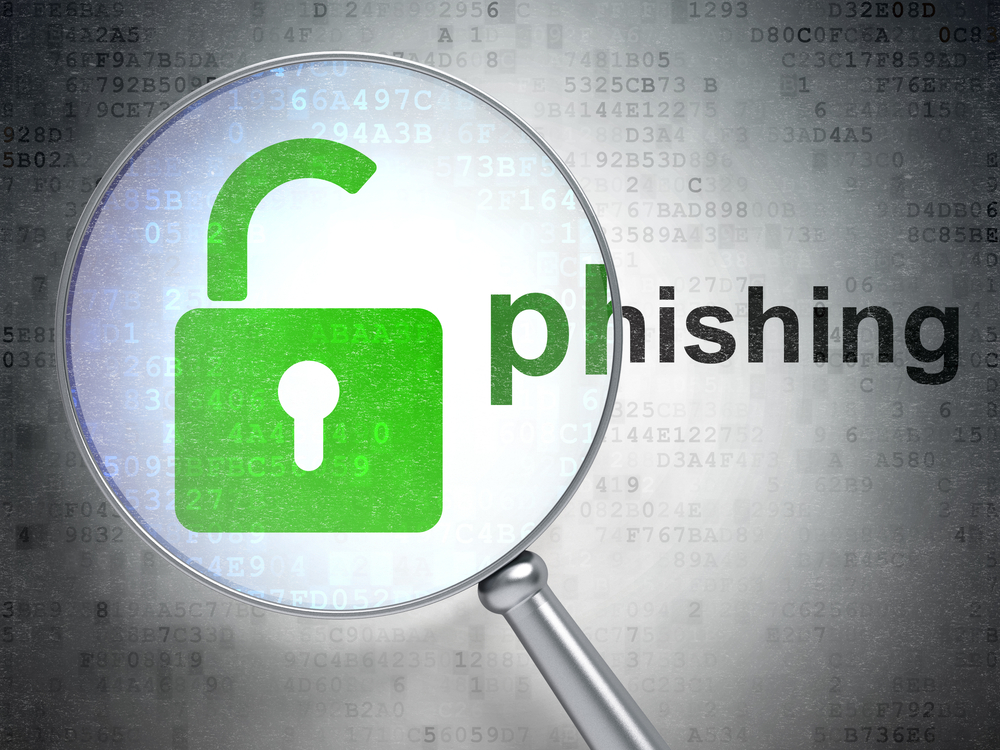
Spear phishing attack hits more than 400 industrial companies
Researchers at Kaspersky Lab have detected a new wave of spear phishing attacks disguised as legitimate procurement and accounting letters, that have hit more than 400 industrial organizations.
The emails have targeted approximately 800 employee PCs, mostly in Russian companies, with the goal of stealing money and confidential data from the organizations, which could then be used in new attacks.
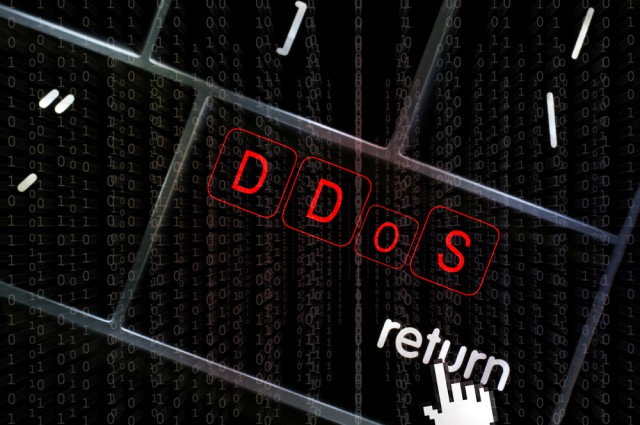
Linux bots account for 95 percent of DDoS attacks as attackers turn to the past
Cybercriminals are delving into the past to launch attacks based on some very old vulnerabilities according to the latest report from Kaspersky Lab, and they're using Linux to do it.
In the second quarter of 2018, experts have reported DDoS attacks involving a vulnerability in the Universal Plug-and-Play protocol known since 2001. Also, the Kaspersky DDoS Protection team observed an attack organized using a vulnerability in the CHARGEN protocol that was described as far back as 1983.

Kaspersky: Chinese hackers LuckyMouse hit national data center
Kaspersky Lab has published a report in which it reveals that a Chinese hacking group has attacked the national data center of an unnamed Central Asian country.
The cyberattacks are said to have been carried out by a group known as LuckyMouse -- but also goes by the names Iron Tiger, Threat Group-3390, EmissaryPanda and APT27. The attacks started in 2017, and Kaspersky says that malicious scrips were injected into official website to conduct country-level waterholing campaign.
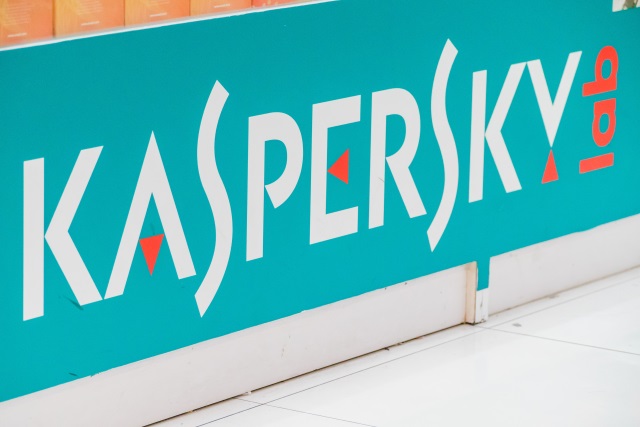
Judge dismisses Kaspersky lawsuits about US government software ban
Kaspersky has had something of a tough time of it over the last year, first being hit by a ban on its software being used by the US government, and then a ban on advertising on Twitter. The Russian company sued the Trump administration over the software ban, and a judge has now dismissed the suits.
Kaspersky Lab had been looking to overturn the governmental ban, saying "we've done nothing wrong" in response to claims that the company is linked to the Russian government. The firm says it plans to appeal against the latest ruling.

Kaspersky to move data from Russia to Switzerland to improve transparency
Kaspersky Lab has announced that it plans to move data out of Russia and into a new data center in Switzerland. The move is part of the company's Global Transparency Initiative which came in response to concerns about ties to the Russian government.
Software produced by Kaspersky has already been banned from US government systems, and the company has been on a mission to prove that Russia is not spying on other countries via its antivirus tools.
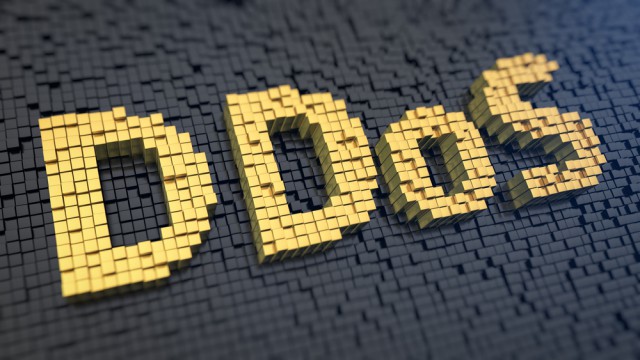
Long-lasting DDoS attacks make a comeback as numbers of attacks and targets rise
Long-lasting DDoS attacks made a return in the first quarter of 2018 with the longest attack seen lasting 297 hours (more than 12 days). The last time a longer attack than this occurred was at the end of 2015.
This is among the findings of Kaspersky Lab's latest DDoS intelligence report which reveals that in the first quarter of 2018, DDoS attacks were registered against targets in 79 countries.
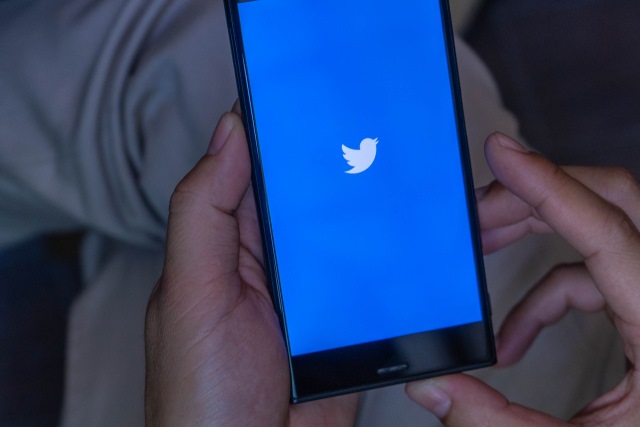
Twitter bans Kaspersky Lab from buying ads
Its software is already banned from US government computers, and now Kaspersky Lab's advertisements have been banned from Twitter. The Russian security firm has been hit with an ad ban for "using a business model that inherently conflicts with acceptable Twitter Ads business practices".
Eugene Kaspersky has responded angrily in an open letter in which the company CEO says that even if Twitter reverses its decision, his company will not advertise on the platform, opting instead to donate the money to the Electronic Frontier Foundation (EFF) to fund the fight against online censorship.

Kaspersky Lab plans Swiss data center to quell fears about Russian connections
The US has repeatedly voiced concerns about Kaspersky Labs, expressing distrust of the Russian company. So concerned is the Trump administration about possible ties to the Russian government, that Kaspersky software is banned from official computers.
This is clearly something that the company is not happy with, and it has already launched a lawsuit against the US government. In a bid to silence those who say that data is being fed to the Kremlin, Kaspersky is planning to open a data center in Switzerland.
